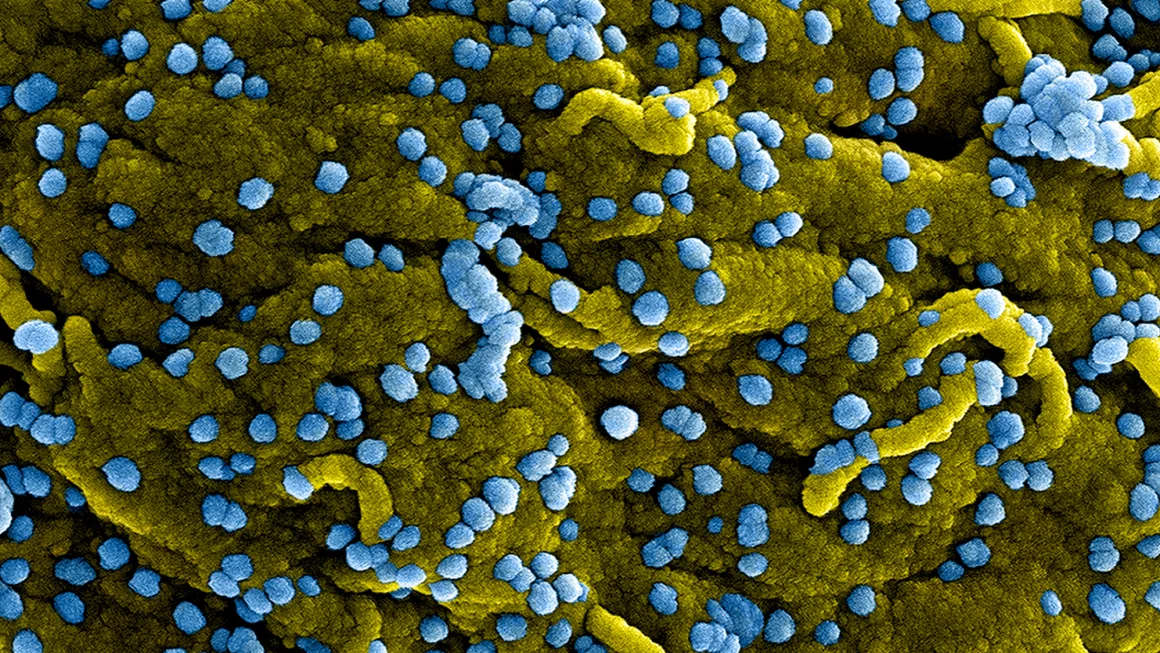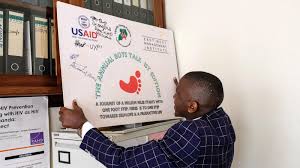For the first time in its history, Rwanda is grappling with an outbreak of Marburg virus disease, a rare but deadly hemorrhagic fever with a fatality rate of up to 88%. The country’s Ministry of Health has reported that 26 people have been infected, with eight fatalities and 18 currently receiving treatment. Marburg, similar to Ebola, causes severe bleeding and organ failure, but unlike Ebola, there are no vaccines or approved treatments available for the disease.
The outbreak has spread to seven of Rwanda’s 30 districts, prompting swift action from both national and international health agencies. The World Health Organization (WHO) is deploying a team of experts specializing in hemorrhagic diseases to support Rwanda’s efforts in controlling the spread of the virus. The United States Centers for Disease Control and Prevention (CDC) has also announced plans to send experts to assist with testing, contact tracing, and outbreak management.
Despite the seriousness of the situation, Rwanda’s Ministry of Health has assured the public that daily activities can continue as normal, and there is no need for panic. Health officials are confident that they have identified all hotspots where the virus is concentrated and are actively working to contain its spread. Over 100 individuals who had contact with infected people are being closely monitored or isolated to prevent further transmission.
Rwanda’s health infrastructure is considered robust compared to other countries that have faced Marburg outbreaks in the past. According to the WHO, Rwanda has a strong public health emergency response system, and this is expected to play a critical role in controlling the situation. Dr. Matshidiso Moeti, WHO’s regional director for Africa, stated, “With the country’s already robust public health emergency response system, WHO is collaborating closely with national authorities to provide the needed support to further enhance ongoing efforts.”
Dr. Brian Chirombo, the WHO representative to Rwanda, expressed optimism about the country’s ability to manage the crisis, saying, “Rwanda has the capacity and the ability to stop this outbreak very quickly.”
Marburg virus is naturally found in fruit bats and can be transmitted to humans through direct contact with the bodily fluids of infected individuals. Unlike airborne diseases such as COVID-19, Marburg is not spread through the air, which experts say makes it somewhat easier to control. However, the virus can spread from person to person through contact with the blood, saliva, sweat, or other bodily fluids of an infected person, as well as through handling contaminated clothing or bedding.
Symptoms of Marburg typically appear within two to three weeks of exposure and may begin with fever, severe headache, and muscle aches. In more severe cases, patients may experience vomiting, a rash, and bleeding from the nose, gums, or eyes. Internal bleeding may also occur, leading to blood in vomit, urine, and stool. In cases of significant blood loss, patients can go into shock, which can result in death.
Rwandan health authorities, with support from international partners, are focusing on isolating cases, providing supportive care, and monitoring those at risk of infection. Current treatment for Marburg is limited to managing symptoms through rest, hydration, and medical monitoring. Researchers are working on developing vaccines and treatments, but no proven solutions are available at this time.
The situation remains fluid, but health officials are urging the public to remain calm and adhere to preventive measures while efforts to control the outbreak continue. Rwanda’s proactive approach, combined with international support, gives hope that the virus can be contained quickly.














Leave a comment